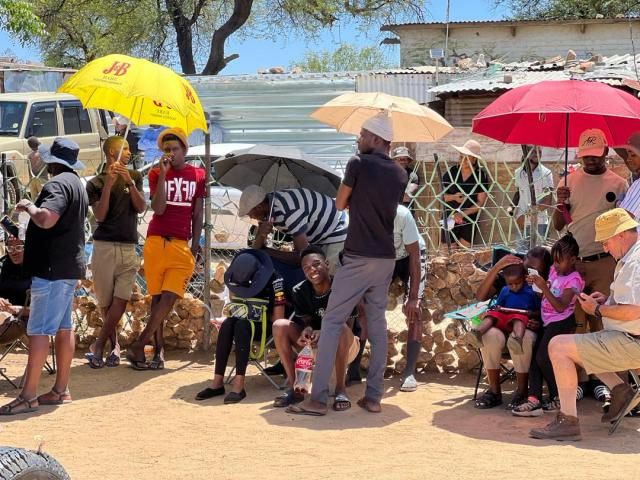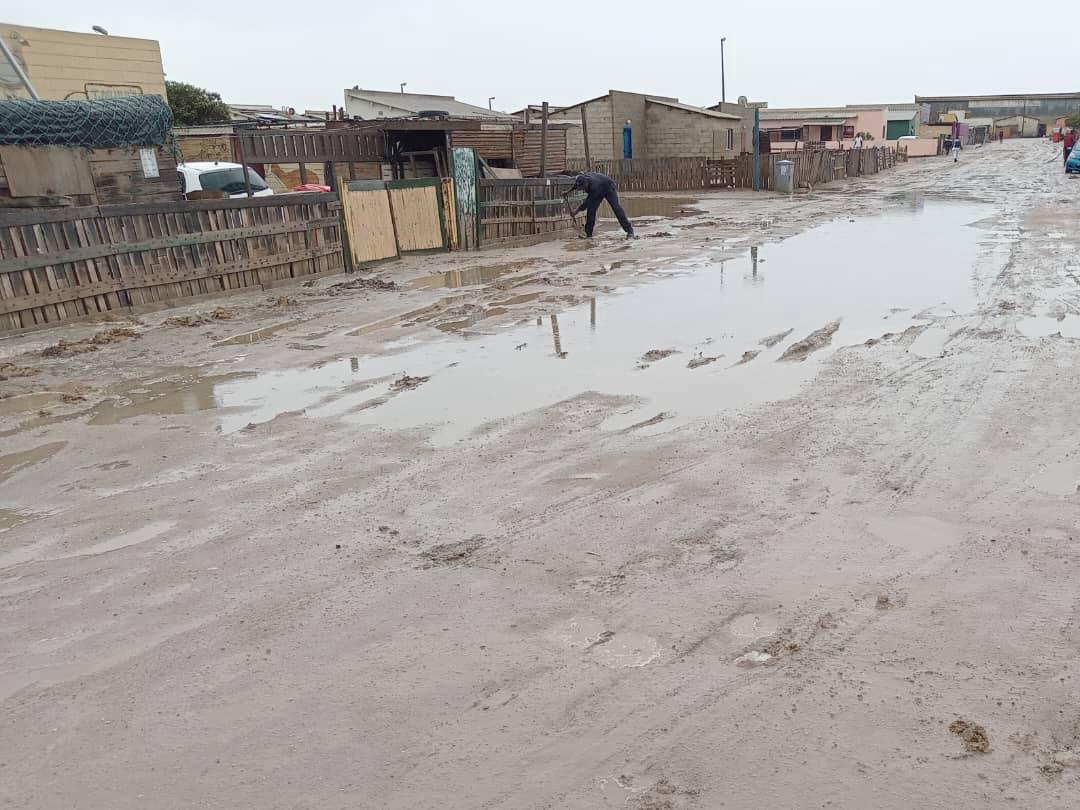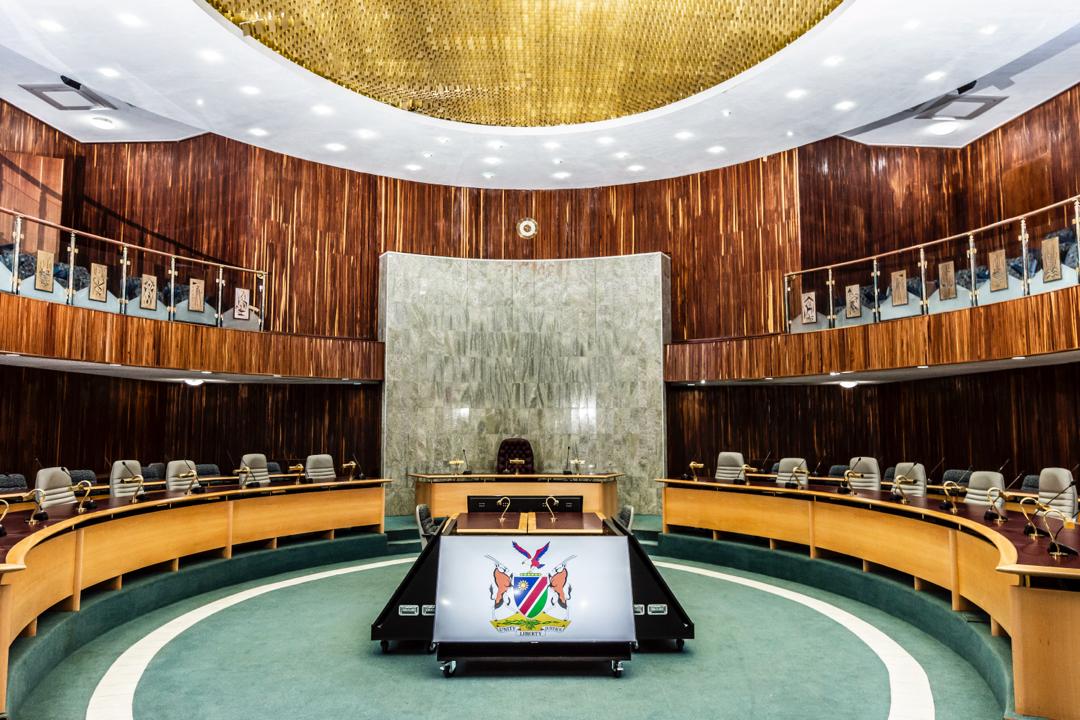The United States (US) leap-frogged competitors in the scramble for African minerals required to power the global energy transition when it signed an agreement with Zambia and the Democratic Republic of Congo in 2022 for the development of a regional value chain in the electric vehicle battery sector.
The agreement challenged the dominance of China, South Africa, Hong Kong, Mauritius and India as the traditional consumers of Zambian copper, gold, lithium, cobalt and manganese exports.
It targeted large volumes of critical transition metals that occur in the Katanga Copperbelt, a mineral-rich strip stretching from Lualaba province in the south-eastern DRC to the Luapula province in northern Zambia.
According to the US state department, the agreement aimed to “facilitate the development of an integrated value chain for the production of electric vehicle batteries in the DRC and Zambia, ranging from raw material extraction, to processing, manufacturing and assembly”.
TRANSITION MINERALS
The growing demand for transition minerals in the region has inspired a surge in exploration for and mining of copper, cobalt and manganese in Zambia.
However, most of the mining activities are unsustainable and inflict costs on local communities, while bringing them no tangible benefits, says Vusumuzi Sibanda, the executive director of Lusaka-based non-governmental organisation Panos Institute Southern Africa.
“Despite the existence of various policies and regulations to ensure mining is done in a sustainable manner which takes issues of public safety, public health and environmental protection into account, there are many loopholes which allow the mining industry to abuse communities and degrade the environment,” he says.
“There is widespread air pollution, water pollution and environmental degradation in all mining areas in Zambia. These activities impact the health and livelihoods of people in mining areas.”
Although Zambia has legal and policy frameworks designed to safeguard land ownership rights and security of tenure, these policies are rendered ineffective by the Mines and Minerals Development Act, which enables mining to take precedence over all other land uses when minerals are discovered, Sibanda says.
This provision renders local communities vulnerable to evictions and other forms of human rights abuses by mining licence holders.
Sibanda says most of the human rights violations common in mining areas are linked to high poverty levels which force people to give up their land.
It also leaves them with no choice except to take up hard labour mining jobs for very little or no pay.
“High levels of poverty in the mineral-rich areas suggest that Zambians are not benefitting from the growth of the mining industry yet.
“The law makes it mandatory for mining companies to provide compensation to people affected by mining, but there are loopholes in enforcement which have resulted in very limited, if not non-realisation of the intended objectives.”
MANGANESE CURSE
Oxpeckers has visited Luapula Province in northern Zambia to gauge the impacts of the pursuit of energy transition minerals on the local people and environment.
Luapula is rich in natural as well as mineral resources but despite its potential to reap economic benefits from a combination of tourism and mining investments, the province remains grossly under-developed with 81,1% of its population living in poverty, according to the Bank of Zambia.
Nsama Kearns, the director of Care for Nature Zambia, a non-governmental organisation working to promote environmental conservation and sustainable development in the country, says locals accuse companies mining manganese of committing human rights abuses such as illegal and uncompensated evictions, forced labour and environmental degradation.
Manganese is one of the main energy transition minerals required for the manufacture of electric batteries.
According to the Luapula provincial administration’s website, the province “has enormous mineralisation of manganese ore deposits” and aims to set up a manganese refining plant to create employment for locals.
But Kearns says Luapula has not realised any benefits from decades of mining for manganese.
“The communities are not benefiting from mining, yet all the rivers and streams in the Mansa River catchment are polluted with mine effluent. The pollution affects thousands of people downstream who depend on these rivers to meet daily water needs for their households.
“Luapula is facing the curse side of the mining boom as host communities fight land grabs and environmental injustices that include air pollution, water pollution, land degradation, child labour and low wages in return for hard labour. They also face dilapidation of roads by heavy mining trucks. All this causes loss of revenues that would otherwise contribute to poverty reduction and development in Luapula,” she says.
In October 2023, Care for Nature Zambia established the Women’s Land Rights and Climate Justice Project to help women fight evictions, land degradation and environmental pollution by mining companies. It also seeks to strengthen the women’s collective capacity to advocate for decent jobs in the mining sector.
“The project will help the women protect their communities by enabling them to hold mining companies to account for the damage caused by mining. It seeks to promote women’s participation in local mining policy and decision-making. We also hope that working with women in mining-host communities will boost our campaign to stamp out child labour from the Zambian mineral value chain,” Kearns says.
HOST COMMUNITIES
The acrimonious nature of interactions between Zambian host communities and mining operators is best illustrated by the treatment of the people of Mwale village in the Mansa district of Luapula, by a company using equipment branded ‘Atezo Mining’.
Locals have accused the mine of displacing people and polluting several feeder streams of the Mansa River catchment area with untreated mining effluent.
Oxpeckers was unable to determine the legal status of the mine and a search for ‘Atezo Mining’ through Zambian mining and company registration records yielded nothing.
However, community members shared the minutes of a November 2023 community meeting, where the impacts of the harmful activities of the miner were discussed.
All the people who spoke at the meeting alluded to the destruction caused by mining around the village.
They also reported a pervasive fear of dispossession and eviction from their lands as the mine expands.
“Three women who attended the meeting testified that they have lost land to the mine. Everybody in the meeting said they fear losing their homes because the mine is still expanding outwards from the centre of the village. One woman said she feared that her house would collapse into the open-cast pit, which is now two metres away from the houses,” the minutes recorded.
With shrinking land and no security of tenure over what remains of it, women in Mansa have turned to illegal artisanal mining for manganese to make ends meet.
However, the women told the meeting that the income is too low when compared to the bad working conditions.
“Buyers pay as low as K2,50 [N$1,89] per bucket of manganese ore, which they are forced to accept out of desperation because they need income for their households,” the minutes state.
“The women are happy to be in mining, but they worry that the working conditions are not safe.
“They use hoes and picks to extract manganese-bearing ores before sorting and transporting it to points of sale. They have no protective clothing and carry the ore on their heads. They always complain of severe headaches and backaches, because manganese is a very heavy base metal.”
- Oscar Nkala is a Zimbabwe-based Oxpeckers associate who works on transnational investigations across borders in sub-Saharan Africa. This investigation is part of the Oxpeckers #PowerTracker series, titled ‘The human cost of energy in Africa’.
– Read the rest of this article at www.namibian.com.na
Stay informed with The Namibian – your source for credible journalism. Get in-depth reporting and opinions for
only N$85 a month. Invest in journalism, invest in democracy –
Subscribe Now!










